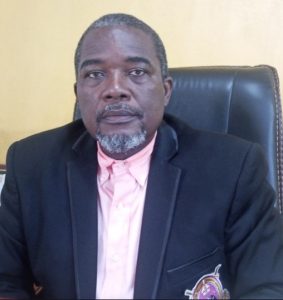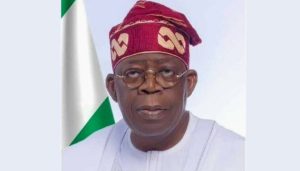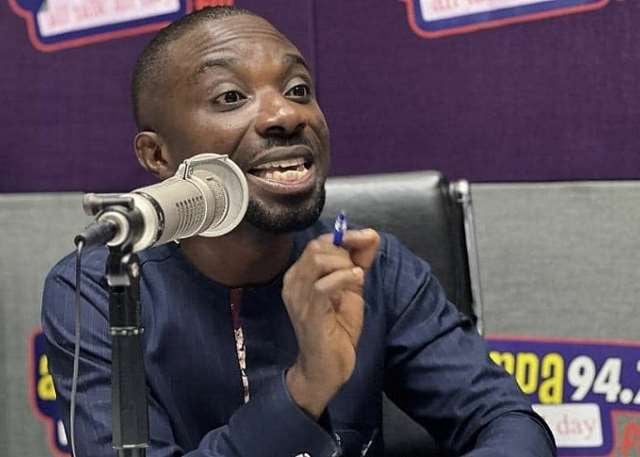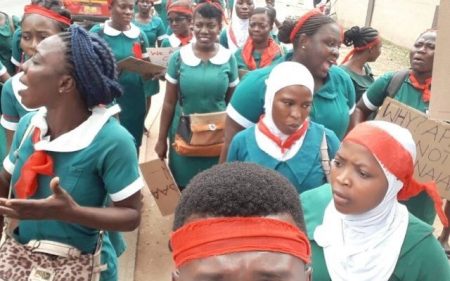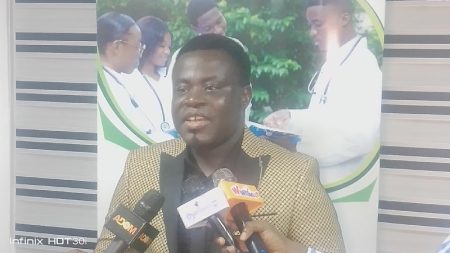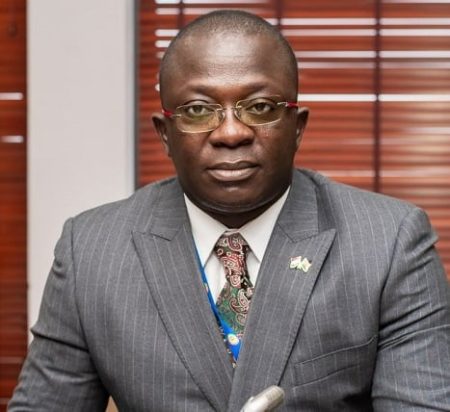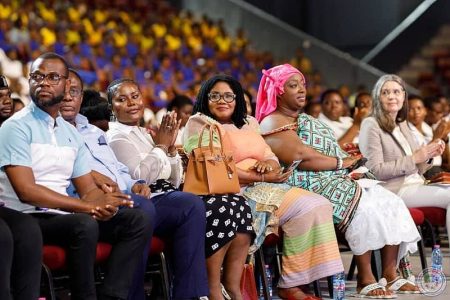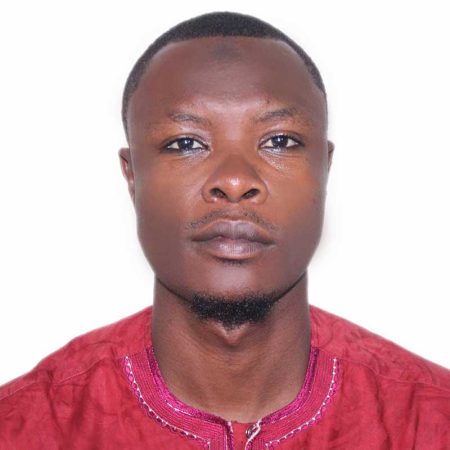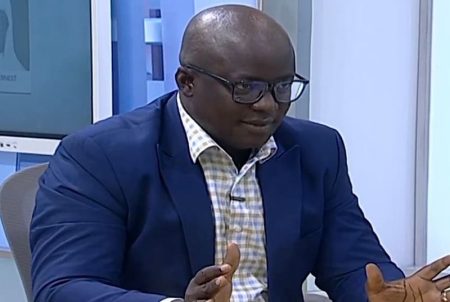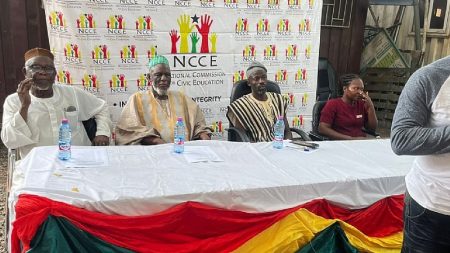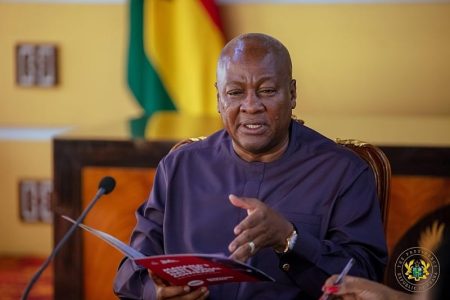The political landscape in Ghana is currently marked by a growing concern over what some perceive as a pattern of politically motivated arrests and detentions. Dennis Miracles Aboagye, a prominent member of the opposition New Patriotic Party (NPP) and Director of Communications for the 2024 NPP flagbearer campaign, has voiced his disapproval of what he terms “the politics of vengeance, retaliation, and vindictiveness.” He argues that such actions, regardless of the political affiliation of the perpetrator or victim, are detrimental to the democratic process and risk creating a cycle of retribution. Aboagye’s appeal is directed not only at his own party members but also at supporters of the ruling National Democratic Congress (NDC), urging them to condemn these practices to prevent a potential escalation of similar actions should the balance of power shift in the future.
Aboagye’s call for an end to politically motivated actions arises in the context of recent events that have heightened tensions between the NPP and the NDC. The arrest and detention of Bernard Antwi Boasiako, the NPP’s Ashanti Regional Chairman, by the Economic and Organized Crime Office (EOCO) has fueled accusations of targeted harassment and intimidation. The NPP contends that the manner of the arrest, characterized as “Rambo-style,” was unnecessarily aggressive and designed to humiliate and demoralize their members. Aboagye, while acknowledging the importance of upholding the law and pursuing justice, emphasizes that due process and the presumption of innocence must be paramount in any legal proceedings.
The core of Aboagye’s argument lies in his belief that the pursuit of justice should not be tainted by political motivations. He advocates for a legal system that operates independently and impartially, treating all individuals equally before the law. He questions the fairness and objectivity of arrests that appear to be driven by political agendas, arguing that they undermine the rule of law and erode public trust in the justice system. Aboagye’s concerns reflect a broader anxiety within the Ghanaian political sphere that the instrumentalization of law enforcement for political purposes could destabilize the country’s democratic foundations.
Aboagye’s warning to NDC supporters to reconsider their endorsement of these tactics carries a significant implication. He suggests that the current actions of the ruling party could set a dangerous precedent, potentially leading to a tit-for-tat response if the NPP regains power. He posits that perpetuating a cycle of politically motivated arrests and detentions will only serve to deepen political divides and create an atmosphere of fear and mistrust. This, he argues, is ultimately harmful to the long-term stability and progress of the nation.
He stresses the importance of upholding the fundamental principle of “innocent until proven guilty.” He calls for a more measured and respectful approach to law enforcement, urging authorities to conduct investigations and arrests with civility and a commitment to protecting the dignity and reputation of those accused. He argues that the presumption of innocence is a cornerstone of a just legal system and that individuals should not be subjected to public humiliation and condemnation before they have had the opportunity to defend themselves in court.
Aboagye’s statement can be interpreted as a plea for a more mature and responsible political culture in Ghana. He calls for a shift away from the politics of retribution and towards a focus on building a more inclusive and equitable society. He emphasizes the need for dialogue and cooperation between political parties, urging them to work together to address the challenges facing the nation rather than engaging in divisive tactics. He believes that fostering a climate of mutual respect and understanding is essential for strengthening Ghana’s democracy and ensuring a peaceful and prosperous future.


